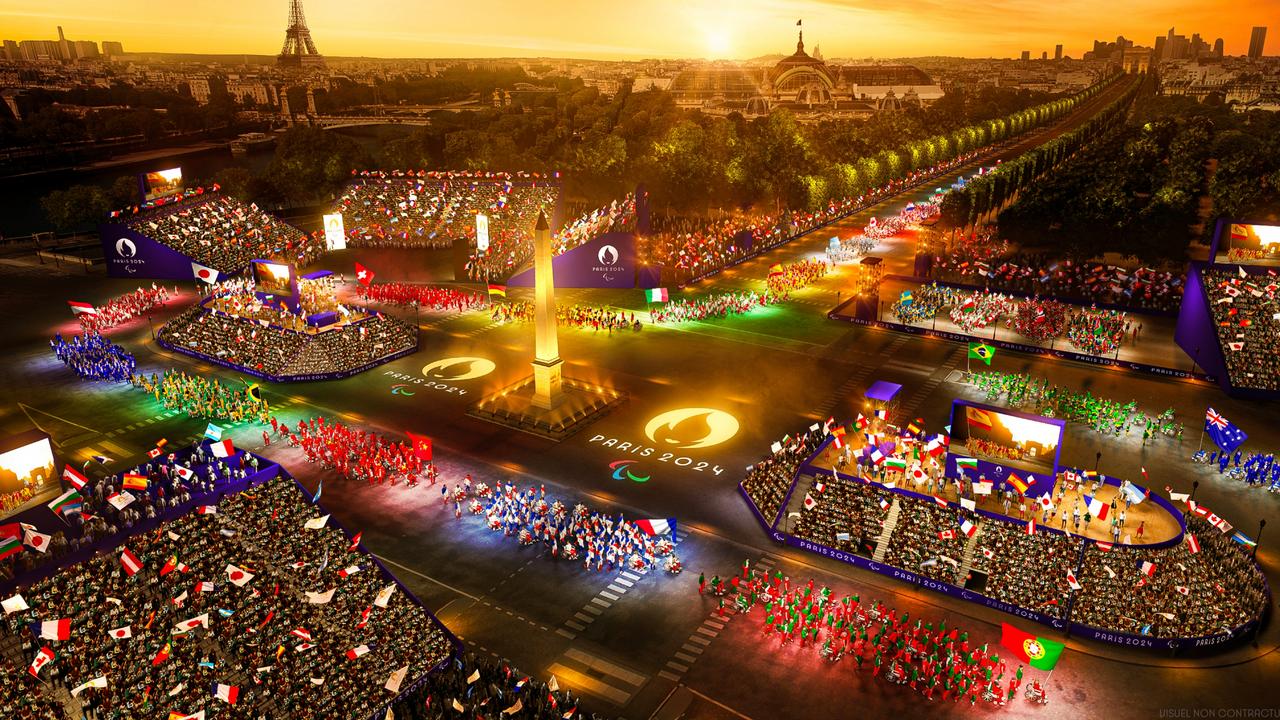Paris Olympics Part 2: How the Games became biggest show on Earth
Part 2: What started as one man’s idea to encourage world peace is now the biggest sports event on the planet. Let’s take a look at the history of the modern Olympic Games as we gear up for Paris
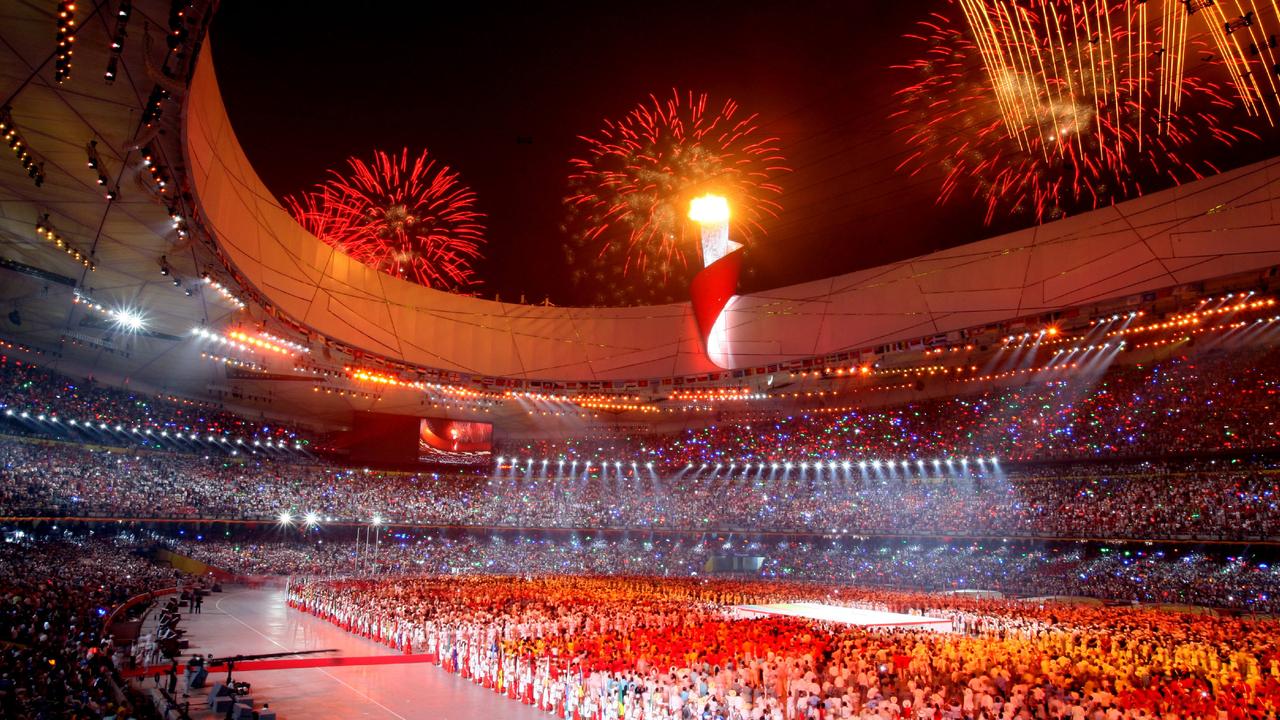
READING LEVEL: GREEN
The first modern Olympics were held in the Greek capital of Athens in 1896.
This was a big event in sports history!
Apart from a few attempts in the 1800s, the Games had not been held for about 1500 years – since the ancient Olympics were banned in 393AD by the emperor* of Greece.
In this first modern Olympics, 241 male athletes from 14 countries competed in 43 events from nine sports.
The man who had the idea for the modern Games was a French educator called Pierre de Coubertin.
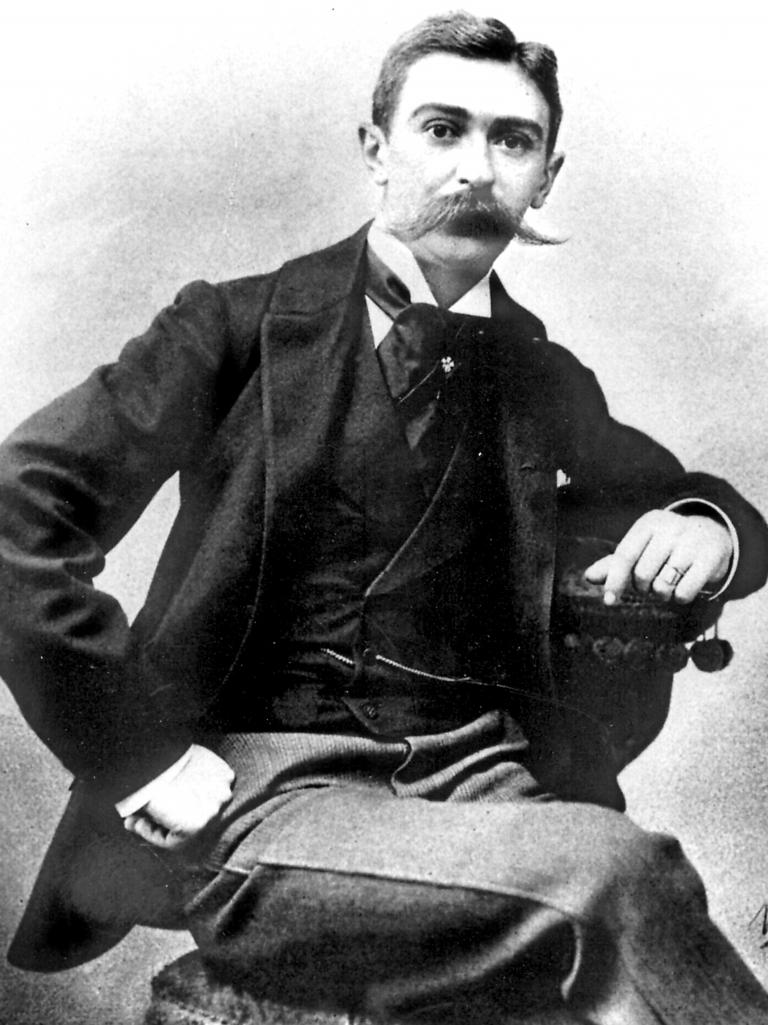
He was fascinated by the Ancient Olympics and interested in the fact English schools included sport in their school curriculum (which the French did not).
Baron* de Coubertin thought sport was good for the mind and body. He also believed the world would have a better chance of peace if countries came together to play sport. This gave him the idea of reviving* the Olympics.
In 1894, the baron organised an international conference in Paris to support the idea. The idea was unanimously* agreed to, and the first modern Olympic Games were held two years later.
Since then, the Olympics have been held every four years in a different city of the world.
WINNERS ARE GRINNERS
Which country won the most medals at the first modern Olympics? That was Greece (47 medals), followed by the US (20 medals) and Germany (13 medals). Australia won two medals.
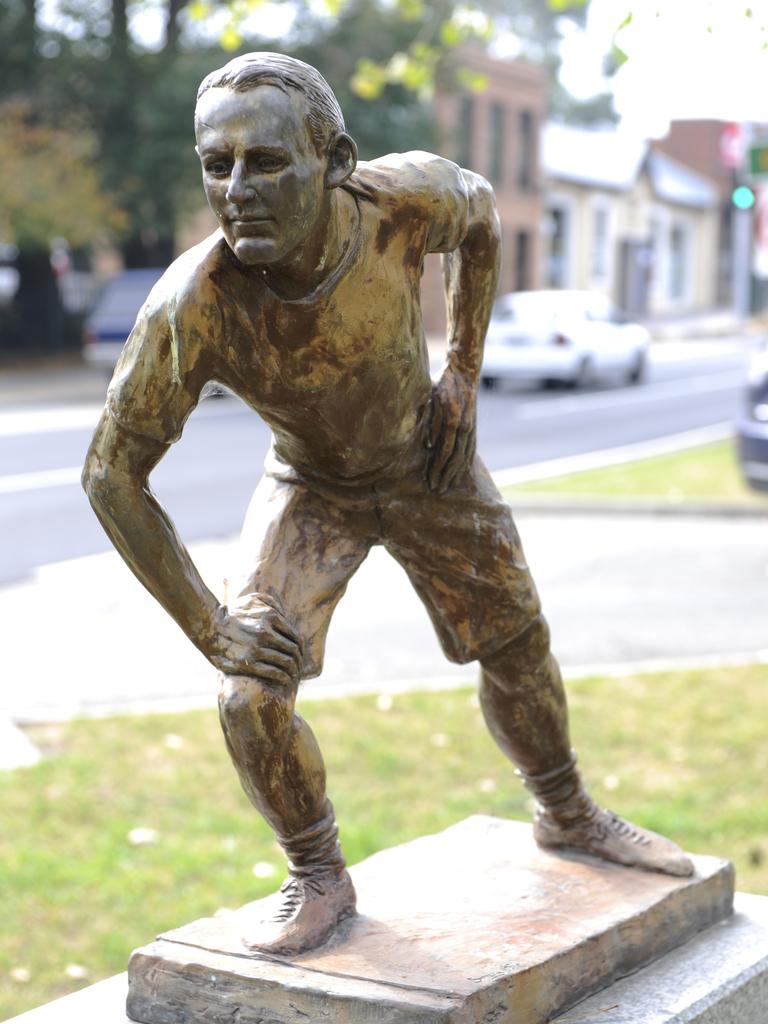
Back then, no gold medals were given out, just silver and bronze.
But the organisation that supervises the games, the International Olympic Committee, later decided to go back and award gold, silver and bronze medals to those athletes.
DID YOU KNOW?
Australia has competed in every Summer Olympics since the first modern Games in 1896.
FAST FACTS
- The Olympic Games are the biggest sports event on the planet.
- Nearly every country in the world takes part – more than 200 countries.
- The Summer Games are officially called the Games of the Olympiad. The Winter Games are known as the Olympic Winter Games.
- The first Summer Games were held in Athens, Greece, in 1896.
- The first Winter Games were held in Chamonix, France, in 1924.
- The Summer and Winter Games alternate* every two years.
- The Paralympic Games began in 1960 and are for athletes with an impairment.
- The Youth Olympic Games began in 2010 and are for athletes aged 15 to 18.
SCRATCH THAT!
The Summer Games have been cancelled three times in history.
The first time was in 1916 because of World War I. The second and third times were in 1940 and 1944 because of World War II (two Winter Games were also cancelled because of this war).
The Games have been postponed just once: in 2020, to protect people’s health from the Covid-19 pandemic.
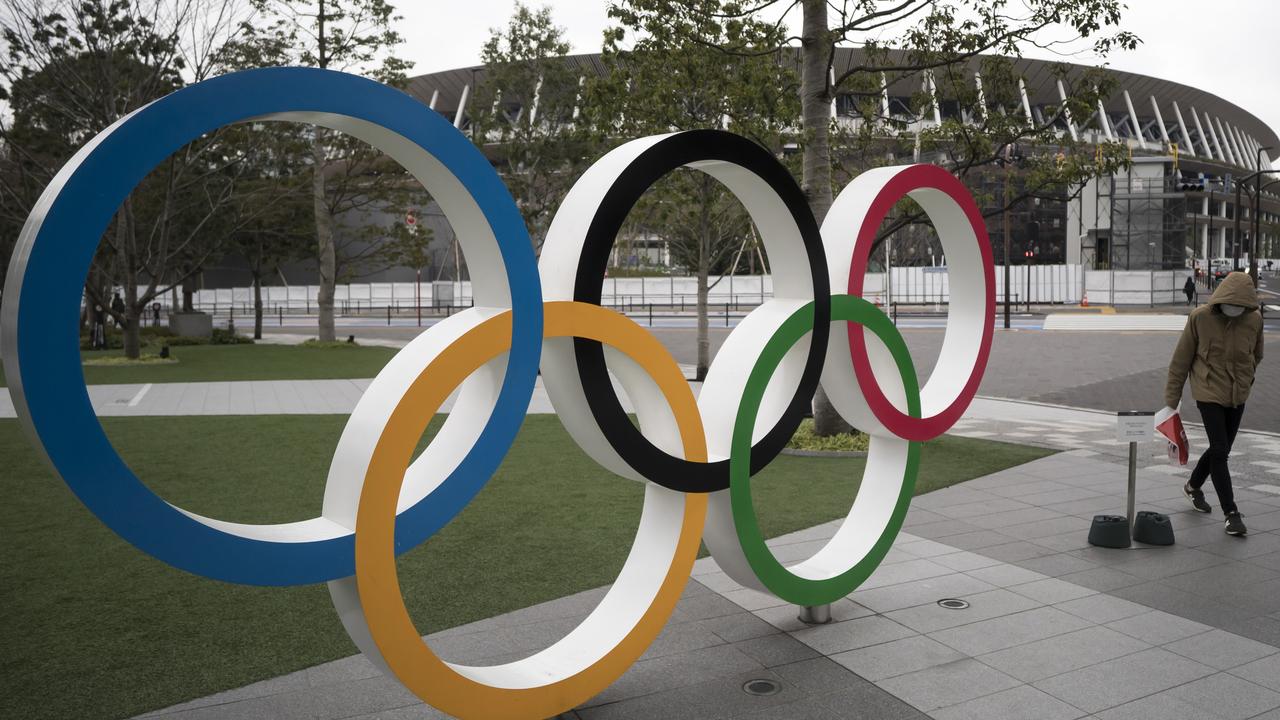
The Tokyo 2020 Olympics in Japan ended up running from July 23 to August 8, 2021, and the Paralympics from August 24 to September 5, 2021.
Even though the Games were held in 2021, they are still referred to as "Tokyo 2020".
WOMEN AT THE OLYMPICS
- Women first took part in the Games in 1900 in Paris. Of the 997 athletes, 22 were women – just 2.2 per cent.
- By 1972, women made up 14.6 per cent of athletes, and 28.8 per cent by 1992.
- In Rio, Brazil, in 2016, 45 per cent of athletes were women.
- In the Tokyo 2020 Games, almost 49 per cent of athletes were women. This percentage was nearest to a gender-balanced Games in history - but Paris is set to make it 50/50 for the first time.
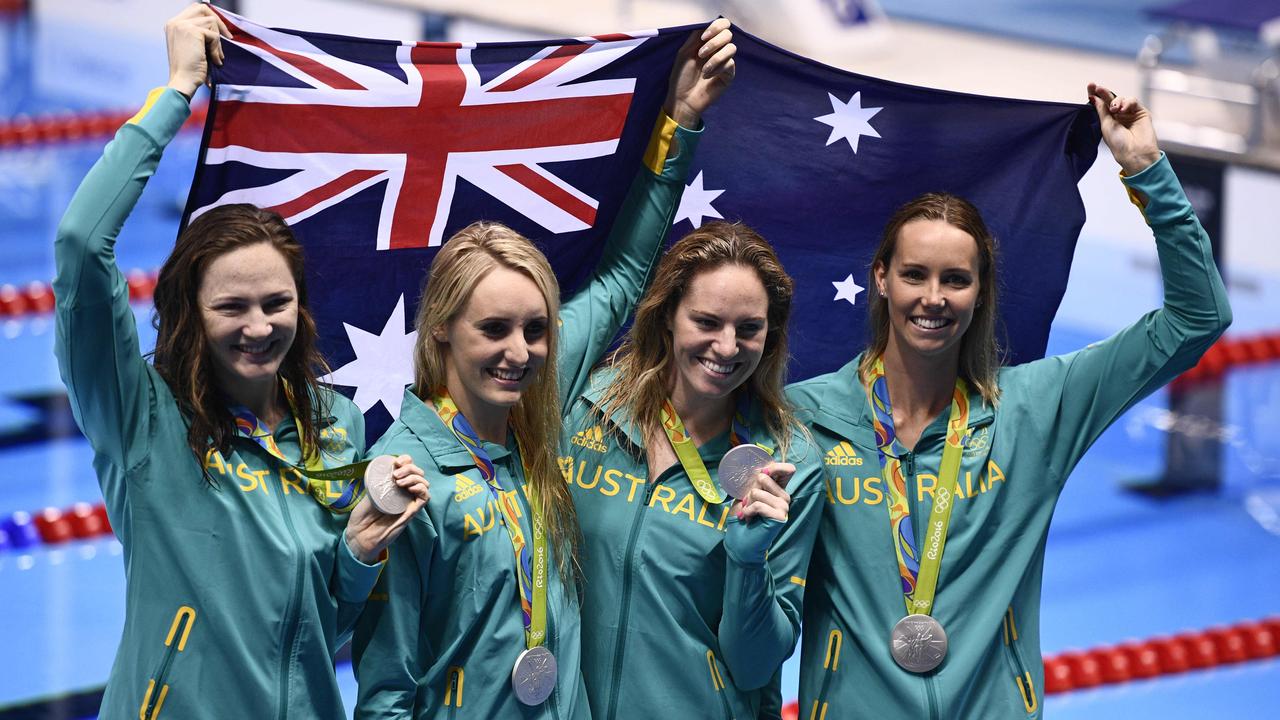
PARIS OLYMPICS
Around 10,500 athletes from 206 countries are due to compete in 329 events from 32 different sports at the 2024 Paris Summer Olympics.
Breaking - also known as breakdancing - is making its debut at the Games. Sport climbing, surfing and skateboarding were among five new sports introduced for the first time at the Tokyo Summer Games, along with karate and baseball/softball. They will return in 2024.
Every Olympic Games has opening and closing ceremonies, and Paris will be no exception.
Opening ceremony traditions include raising the Olympic flag, singing the Olympic anthem, lighting a giant cauldron with the flame from the Olympic torch, and dance, song and music performances reflecting the host nation’s history and culture.
The Parade of Nations, where the athletes march into the stadium, country by country, is another highlight.
HOW MANY PEOPLE WILL WATCH THE GAMES?
Billions of people from around the world tune in to watch the Olympics.
The world record for viewers is the 2008 Beijing Olympics, when 4.7 billion people watched the Games on television, about 70 per cent of the whole planet!

WHO’S IN CHARGE?
The International Olympic Committee (IOC) is an important organisation that supervises the running of the Games, decides what sports to include and chooses the host cities. It’s like the boss of the Games!
Set up during Baron de Coubertin’s 1894 conference, it is the umbrella organisation* of the Olympic Movement, which encompasses* sports organisations, media groups, athletes and other sports-related folk.
The IOC’s mission is to build a better world through sport.
GLOSSARY
- emperor: ruler of an empire
- baron: a title given to some people in high classes of society in European countries
- reviving: bringing back to life, existence
- unanimously: accepted without opposition, everyone in agreement
- alternate: happening in turn, one after another
- umbrella organisation: a group that controls a number of other similar groups
- encompasses: includes, holds a number of things within it
EXTRA READING
Part 1: The Ancient Games
Part 3: Olympic values
Part 4: The Olympic torch and flame
QUICK QUIZ
- Where were the first modern Olympics held?
- Whose idea was the modern Olympic Games?
- How many medals did Australia win at the first modern Games?
- What two events caused the Games to be cancelled three times?
- What is the name of the organisation that controls the Olympic Games?
LISTEN TO THIS STORY
CLASSROOM ACTIVITIES
Refer to the accompanying Paris Olympics Education Kit classroom workbook with 35 activities. It’s FREE when teachers subscribe to the Kids News newsletter.

